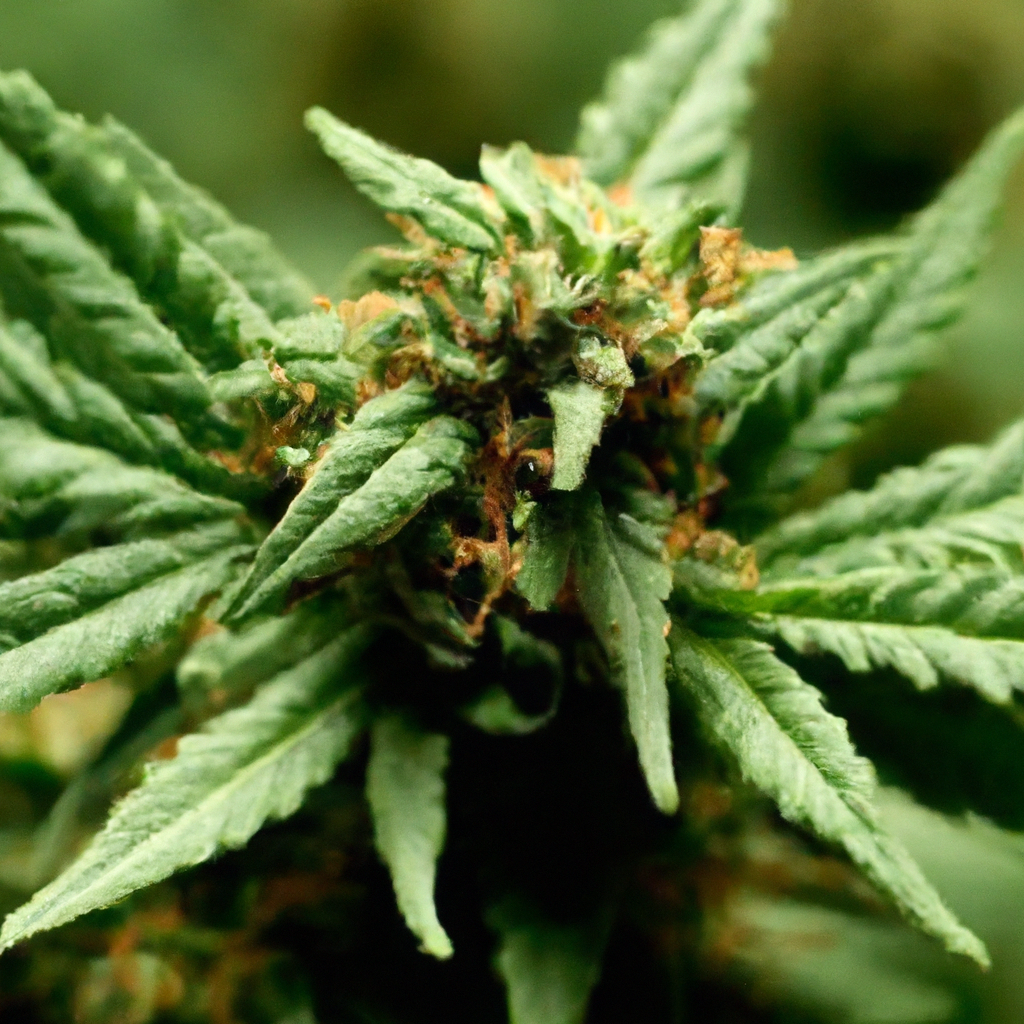Your cart is currently empty!
With the growing interest in alternative therapies, cannabis is at the forefront of explorations into treatment for neurological disorders. From epilepsy to Parkinson’s disease, cannabis and its compounds, particularly cannabidiol (CBD), show promise in helping manage symptoms and improve the quality of life for many patients.
The Science Behind Cannabis and the Brain
Cannabis contains cannabinoids, which interact with the endocannabinoid system in the brain. This system plays a crucial role in regulating mood, memory, and stress. Cannabis, particularly its non-psychoactive compound CBD, has shown potential in reducing inflammation and neuron damage, two critical components in many neurological disorders.
Case Studies: Cannabis in Action
Several case studies highlight cannabis’ effectiveness:
- Epilepsy: Clinical trials have demonstrated CBD’s ability to reduce seizure frequency, especially in drug-resistant epilepsy like Dravet syndrome.
- Parkinson’s Disease: Patients using cannabis have reported improvements in tremors and rigidity, enhancing their overall mobility and comfort.
- Multiple Sclerosis (MS): Cannabis has been used to alleviate pain and muscle spasticity in MS patients, offering them relief where traditional medications might fall short.
How to Integrate Cannabis into Neurological Disorder Treatments
Integrating cannabis into treatment regimens should be approached with care and in consultation with healthcare professionals:
- Consult Medical Experts: Engage with doctors knowledgeable about cannabis to tailor a regimen specific to your needs.
- Start Low and Go Slow: Begin with small doses, monitor effects, and gradually increase as needed.
- Monitor Progress: Keep a journal of symptom changes and discuss them with your healthcare provider.
- Stay Informed: Keep abreast of the latest research and legislative changes that might impact access and use.
Future Prospects: Cannabis and Neurological Research
The future of cannabis in treating neurological disorders looks promising as ongoing research continues to explore its mechanisms and potential benefits. With increased clinical trials and medical acceptance, cannabis could become a mainstream treatment plan component.


Leave a Reply